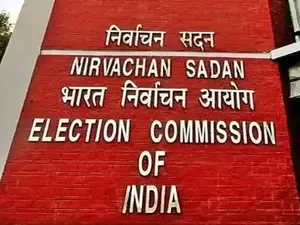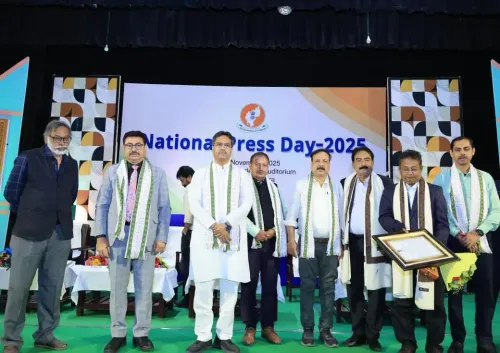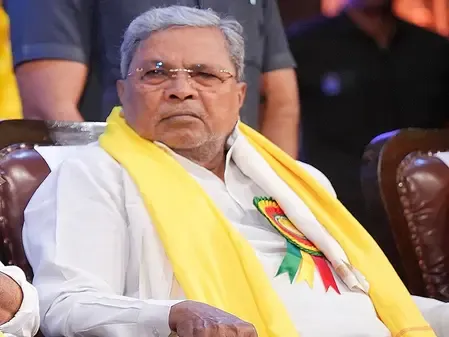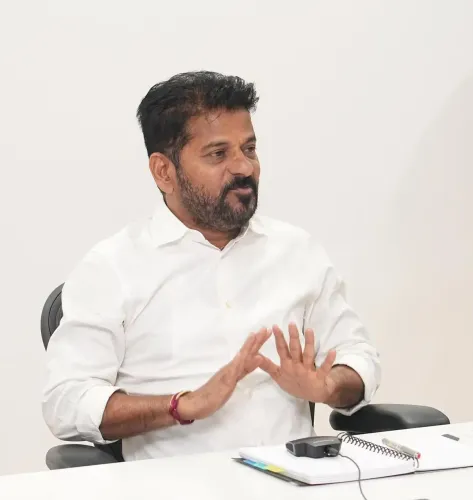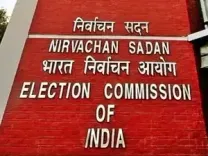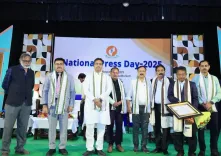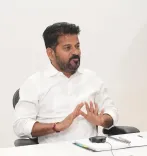Increase in Medical Seats to Enhance Doctor-Patient Ratio; Mission Shakti Funding Praised by Experts

Synopsis
Key Takeaways
- The government plans to increase medical seats by 10,000 annually.
- This will improve the doctor-patient ratio significantly.
- 300,000 additional beds are expected in five years.
- Exemptions on customs duty for 36 lifesaving drugs announced.
- Mission Shakti allocation increased by 117% to Rs 3,150 crore.
New Delhi, Feb 1 (NationPress) The government’s announcement in the Union Budget 2025-26 to add 10,000 seats next year and 75,000 seats over the next five years signifies a major enhancement to India’s healthcare system and will improve the doctor-patient ratio in the nation, stated public health experts on Saturday.
The Union Budget was presented in the Parliament today by Finance Minister Nirmala Sitharaman.
While presenting her eighth consecutive budget and the NDA government's second full Union Budget of its third term, Sitharaman remarked that India has witnessed notable advancements in medical education over the past decade.
“The initiative to add 10,000 seats annually — an increase of nearly 5 percent of the current capacity — will facilitate better access to both secondary and tertiary care, making it more affordable. Each additional seat is also expected to lead to the establishment of four more beds in medical colleges and hospitals. This initiative could yield 300,000 additional beds in five years, accounting for nearly one-third of the current public sector capacity,” noted Satyam Shivam Sundaram, Partner Strategy and Transactions, Govt Advisory Services, EY India.
The government may look into the possibility of expanding existing medical institutions to maximize fiscal efficiency. The proposal to introduce approximately 200 daycare cancer centers in all district hospitals this year will enhance cancer care infrastructure, thereby reducing mortality rates and improving patient outcomes. The benefits could be significantly amplified if screening facilities are bolstered and care pathways are clearly defined,” Sundaram highlighted.
“It would be prudent for the government to reskill hospital teams to operate the daycare cancer centers. We also hope that the budget will facilitate the affordability of robotic surgery,” stated Mahendra Bhandari, CEO of the Vattikuti Foundation, a proponent of robotic surgery.
“The introduction of 75,000 medical college seats over the next five years emphasizes the necessity of developing medical graduates who are proficient in utilizing advanced, cutting-edge tools and have mastered the implementation of AI and other innovative techniques that surpass traditional methods for improved patient outcomes,” he added.
The Finance Minister also declared exemptions on basic customs duties for 36 lifesaving drugs, offering relief to patients, especially those battling cancer, rare diseases, and other severe chronic conditions.
This is particularly beneficial given that India holds the position of the third-highest cancer cases globally, following China and the USA, as reported by the Global Cancer Observatory (GLOBOCAN). Furthermore, the budget for Saksham Anganwadi and POSHAN 2.0 (Rs 21,960 crore) saw a 9 percent increase from last year’s Rs 20,071 crore.
“This demonstrates the government’s growing acknowledgment of the significance of early childhood nutrition and the initial 1,000 days of a child's development,” said Poonam Muttreja, Executive Director, Population Foundation of India, while also praising the Union Budget’s focus on youth and skills development to harness India's demographic dividend.
“The 117 percent rise in the allocation for Mission Shakti to Rs 3,150 crore — which supports Beti Bachao Beti Padhao, One Stop Centres, and women’s safety initiatives — is commendable,” the expert added.
However, despite increased financial support for economic initiatives, essential health investments for women remain grossly insufficient, she emphasized, advocating for effective implementation and monitoring of these programs.

